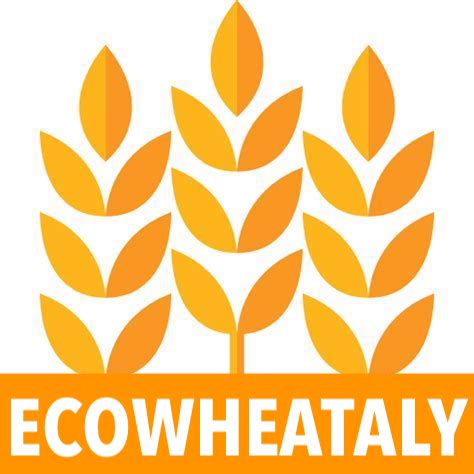For an in-depth analysis, some reliable studies and sources include:
- Erisman, J. W., et al. (2008). “How a century of ammonia synthesis changed the world.” Nature Geoscience. This study discusses the environmental impact of nitrogen fertilizers and the importance of sustainable techniques to reduce their use.
- Tilman, D., et al. (2002). “Agricultural sustainability and intensive production practices.” Nature. A seminal article on the environmental impact of intensive agriculture and the need for green policies to conserve resources.
- Pretty, J. (2008). “Agricultural sustainability: concepts, principles, and evidence.” Philosophical Transactions of the Royal Society B: Biological Sciences. This study highlights sustainable agricultural practices, including crop rotation and no-tillage.
- Reganold, J. P., and Wachter, J. M. (2016). “Organic agriculture in the twenty-first century.” Nature Plants. Describes the benefits of organic farming and its role in green policies, especially for crops such as wheat.
- Mbow, C., et al. (2019). “Food Security.” In Climate Change and Land: IPCC Special Report. A comprehensive analysis of the impact of climate change on food security, with a focus on resilient agricultural policies and practices.
These sources provide a robust scientific picture of the environmental impacts of wheat production and potential solutions proposed by green policies to make it more sustainable.

